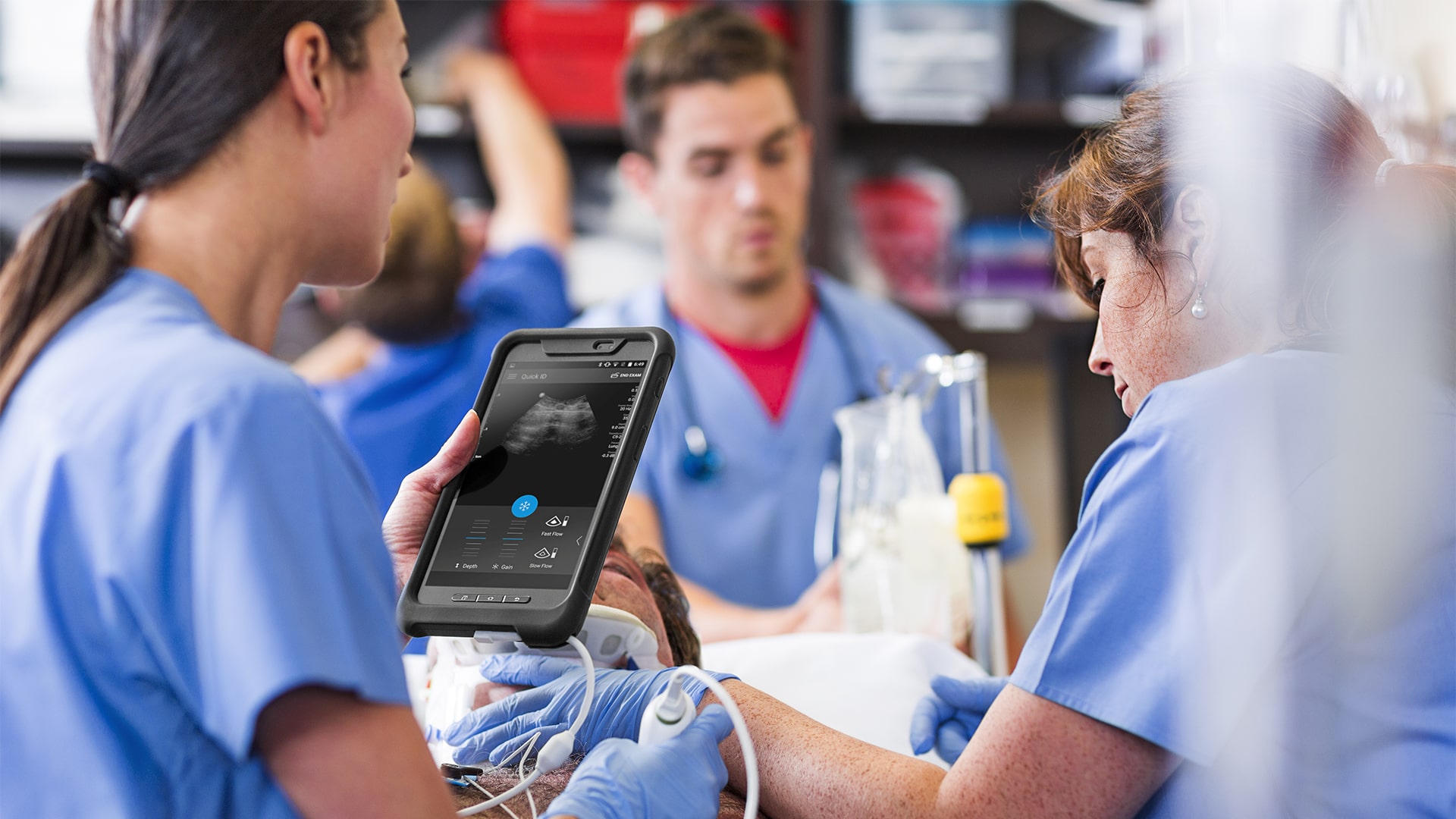
A major problem facing health systems around the world in recent years has been the increasing shortage of medical staff. As shown by the Philips Future Health Index 2023, the largest global study of its kind conducted among nearly 3,000 healthcare experts in 14 countries, experts see a way out in the implementation and further development of smart solutions that significantly ease the work of today's often overworked staff and increase efficiency.
The COVID pandemic has accelerated digital transformation in every aspect of our lives. People have started to use technology much more in everyday tasks, such as grocery shopping, but also in learning and working. World leaders in healthcare agree that digitalisation can help solve the problem they face – there are more and more patients but fewer and fewer healthcare workers. Therefore, it is no longer enough to optimise the existing processes, but it is necessary to look for new forms of work organisation. "In order to successfully help overburdened staff, we must strive to use all the resources that modern technologies offer. Thanks to the Future Health Index study, Philips is succeeding in identifying areas that we need to focus on. Based on the results, we are constantly striving to find new solutions that will become reliable tools for professionals in their daily work and that will enable them to work more efficiently and without stress," says Tomáš Vavrečka, head of the Czech branch of Philips, one of the world leaders in medical technology.
The conviction of leading executives about the benefits and potential of digital technologies to achieve greater efficiency and comfort and better treatment outcomes continues to grow, and with it the willingness to invest in the development of virtual care and artificial intelligence. "Healthcare professionals reported in the study that, thanks to their experience during the pandemic, their confidence in the validity of AI for clinical decisions such as proposing suitable treatments, early warning of health risks or automatic detection of diseases has increased substantially in recent years (24 % in 2021 vs 39 % this year). Among radiologists, for example, their confidence in the use of these procedures has almost doubled in recent years," says Vavrečka.
The fact that investment in intelligent systems pays off is also confirmed at the Olomouc University Hospital, where the most modern complex of catheterisation rooms in the Czech Republic was opened last year. Olomouc specialists praise the new possibilities, which have given them the opportunity to significantly increase the number of procedures performed each day, resulting in shorter waiting times for patients and lower staff workload. "Modern technology saves us a great deal of time. Thanks to a comprehensive reconstruction and modernisation, we have been able to open a new inpatient centre for one-day procedures, where the patient comes to the hospital in the morning for the procedure and then leaves home in the afternoon. This allows us to perform five to eight such procedures a day," explains prof. MUDr. Miloš Táborský, CSc., FESC, FACC, MBA, Head of the First Department of Internal Medicine – Cardiology, University Hospital Olomouc.
Younger medical professionals, in particular, welcome the ongoing transformation of healthcare and are often its initiators – the Future Health Index study shows that they are happy to be those who are experiencing this transformation of healthcare from the frontline and can thus contribute to its shape. For almost half of them, the receptivity to the implementation of AI plays a key role in their choice of workplace. They believe that the result will be a more personalised and comprehensive approach that fully meets the patient's needs, including through the support of artificial intelligence in everyday tasks. The new generation is thus fully committed to embracing and further developing the possibilities of intelligent technology to take treatment to the next level. The approach towards innovation is thus an important element in attracting and retaining young talents in the industry. "If we want to have the best talents in healthcare, we need to provide them with quality conditions and avoid overburdening them with tasks that they might not even have to do with the help of technology. This is the only way to keep them motivated so that they can concentrate fully on what matters most – the health of patients," concludes Vavrečka.